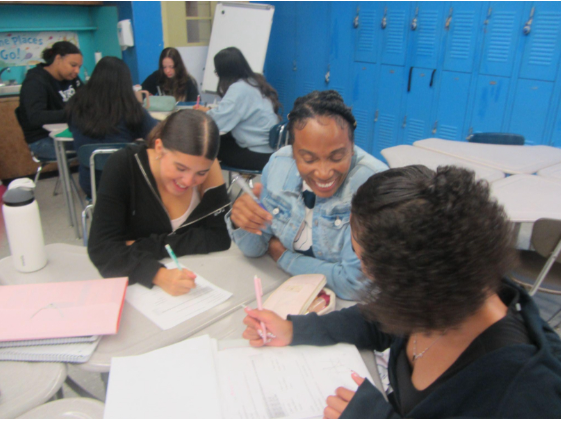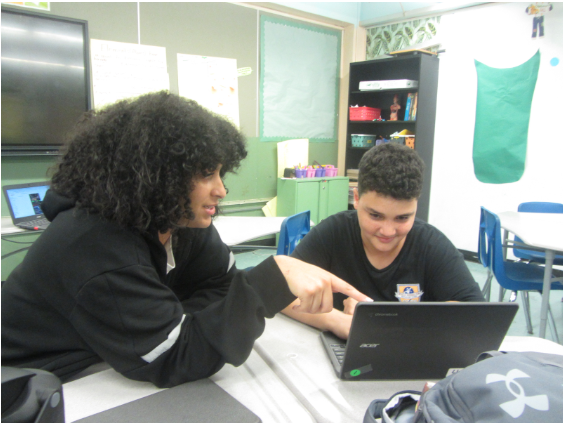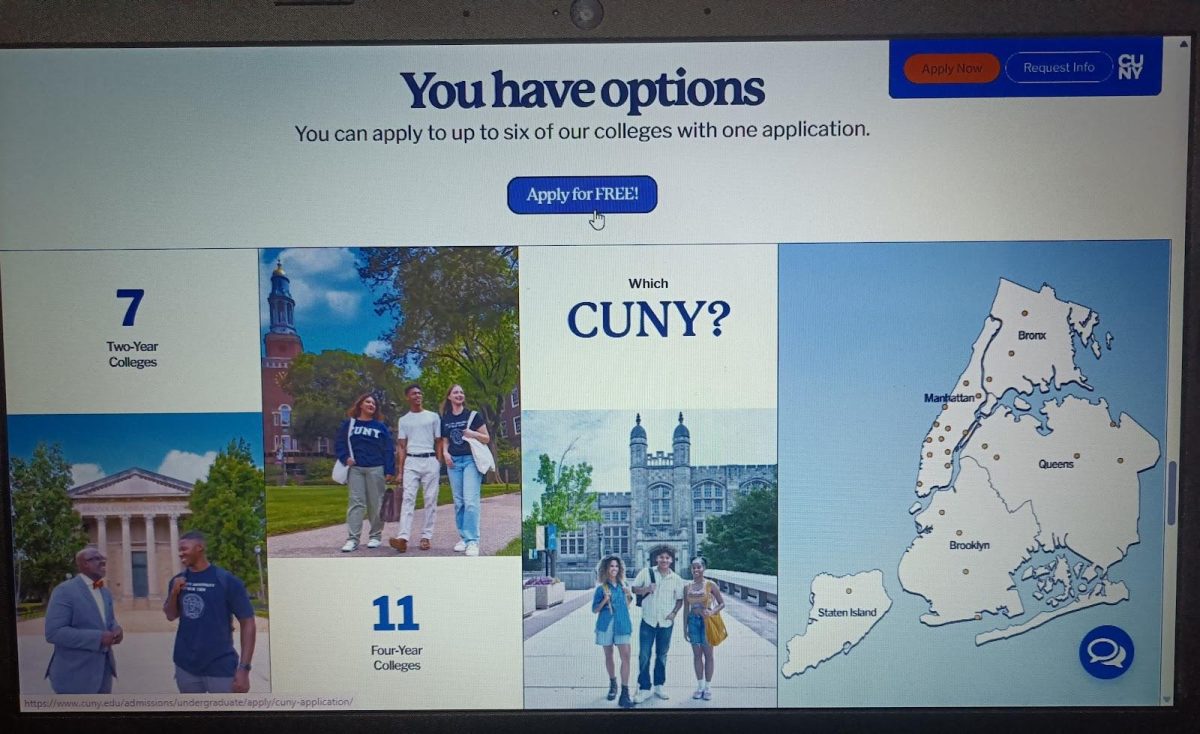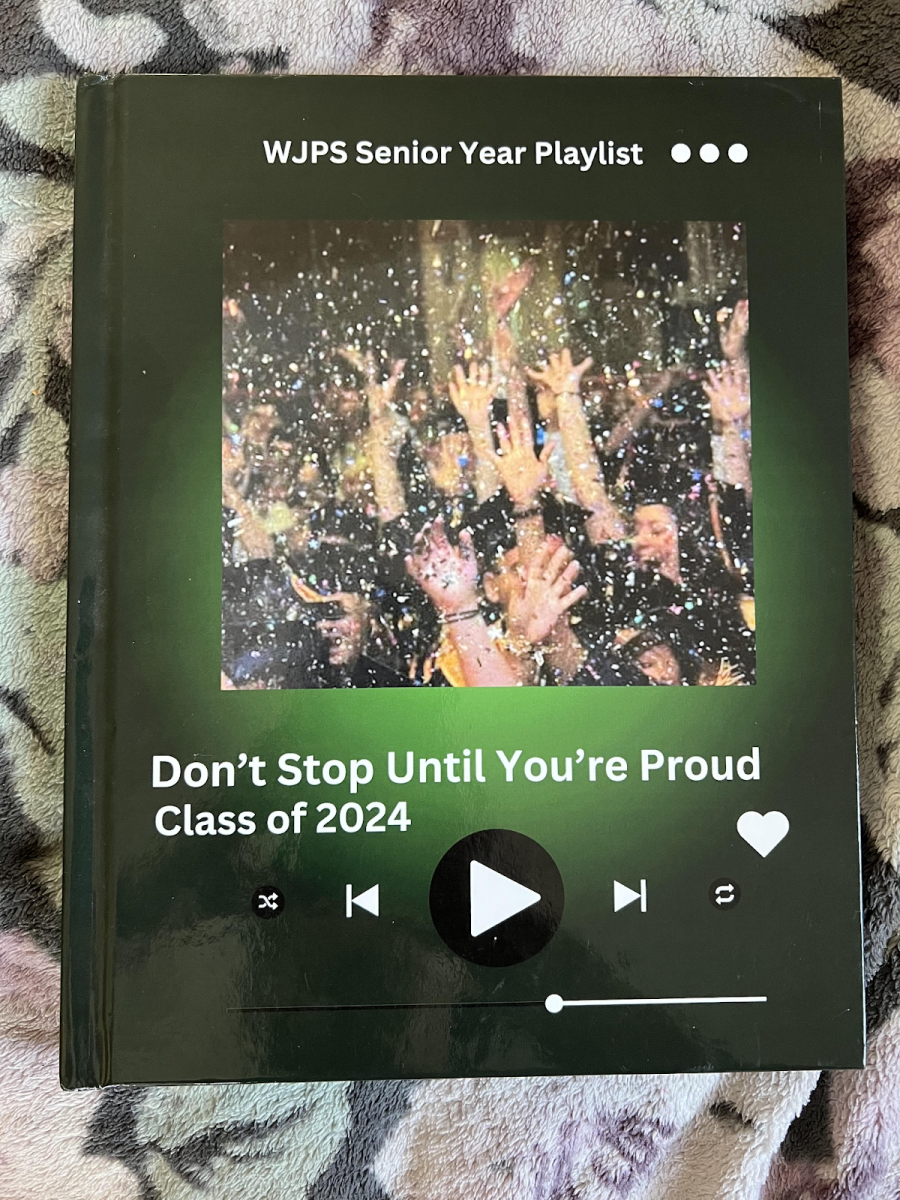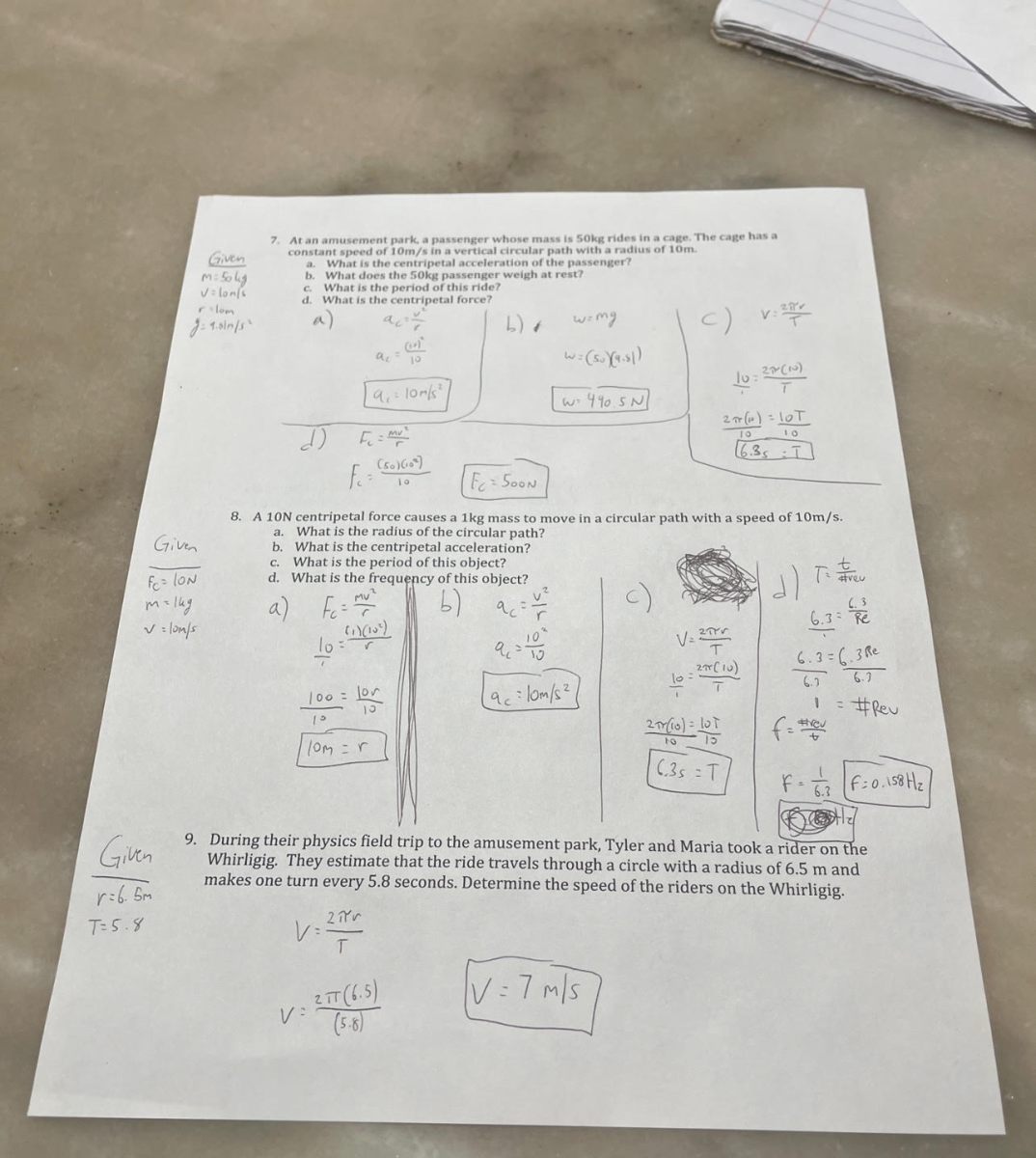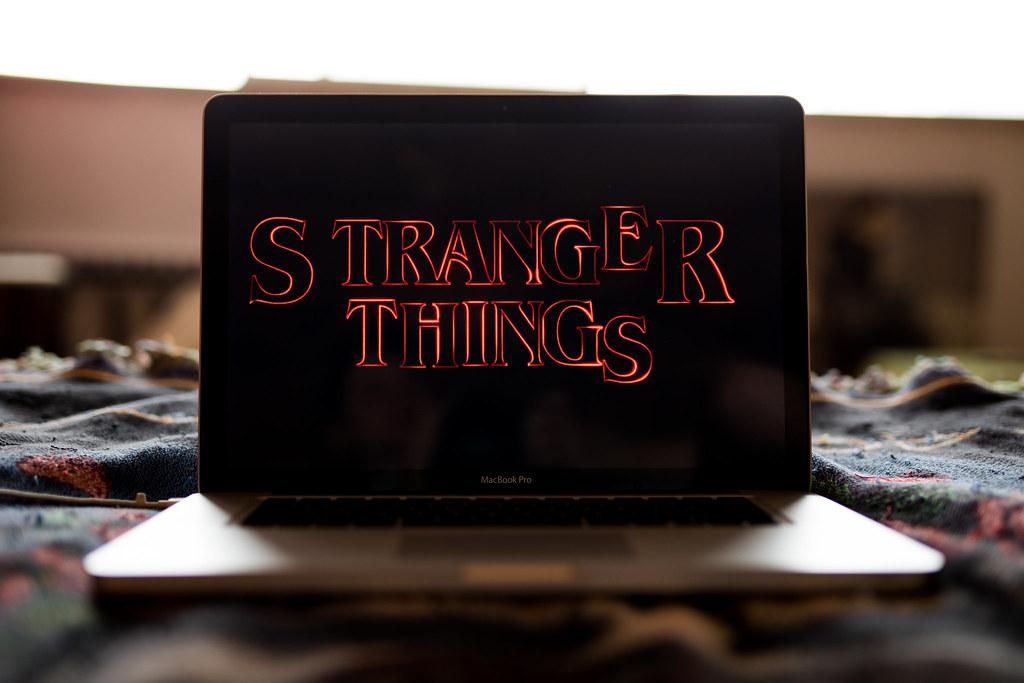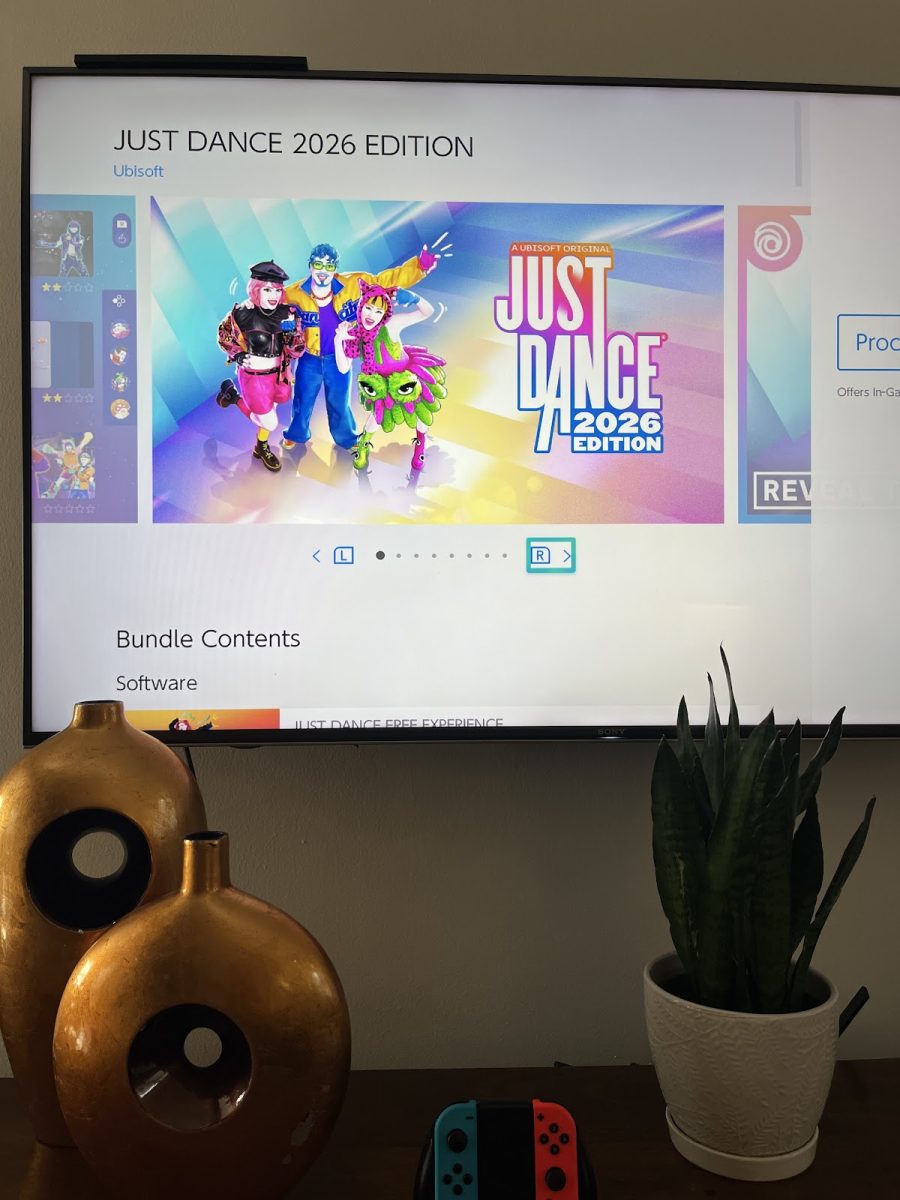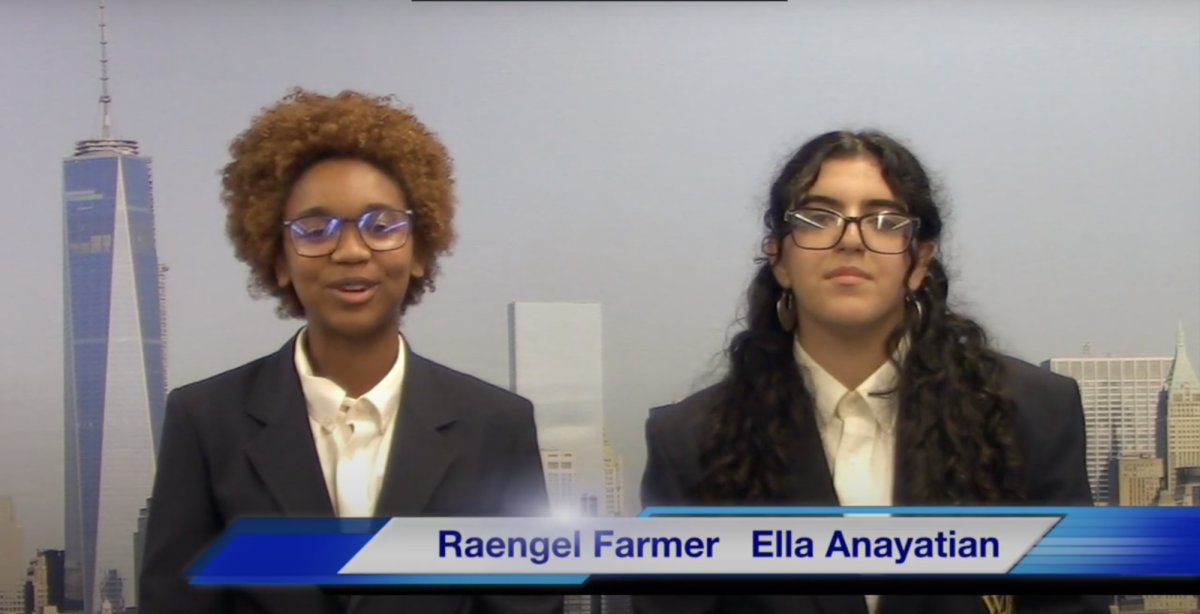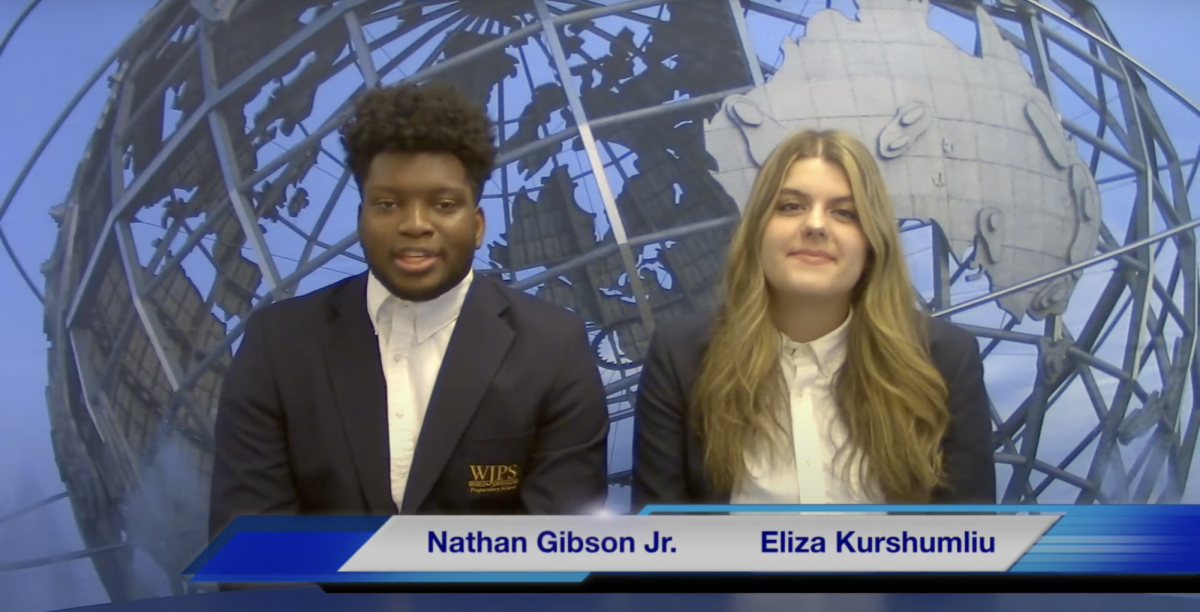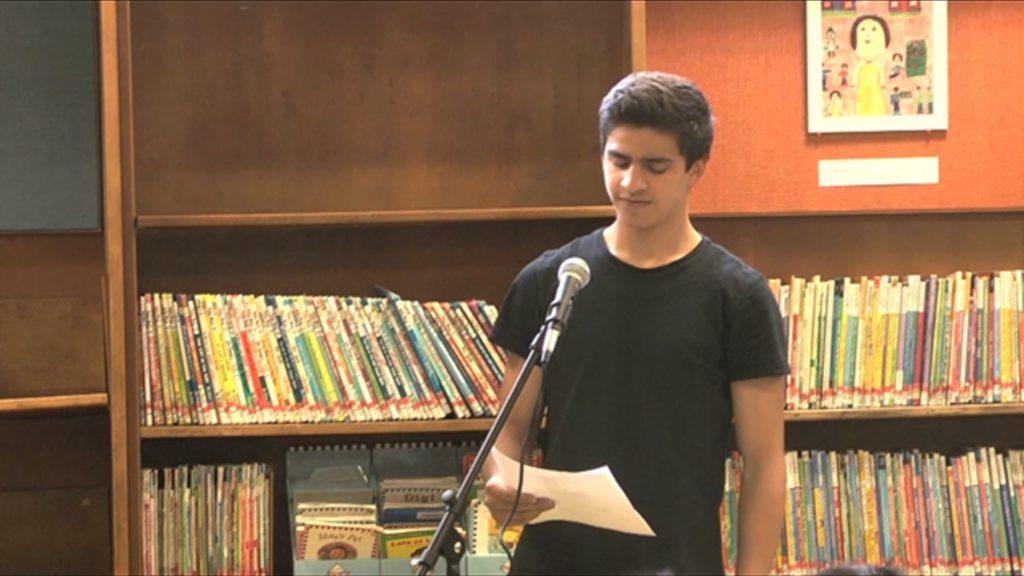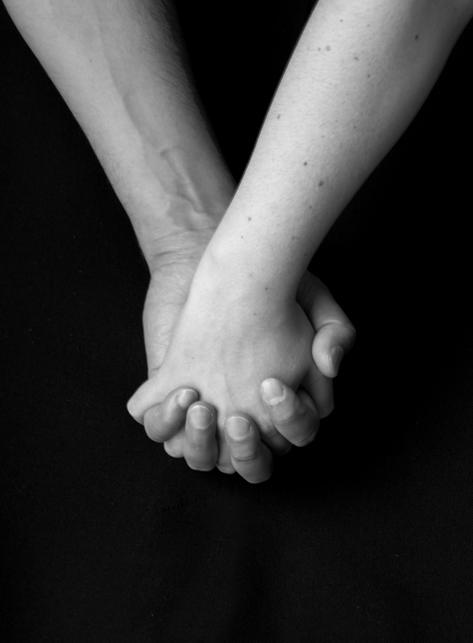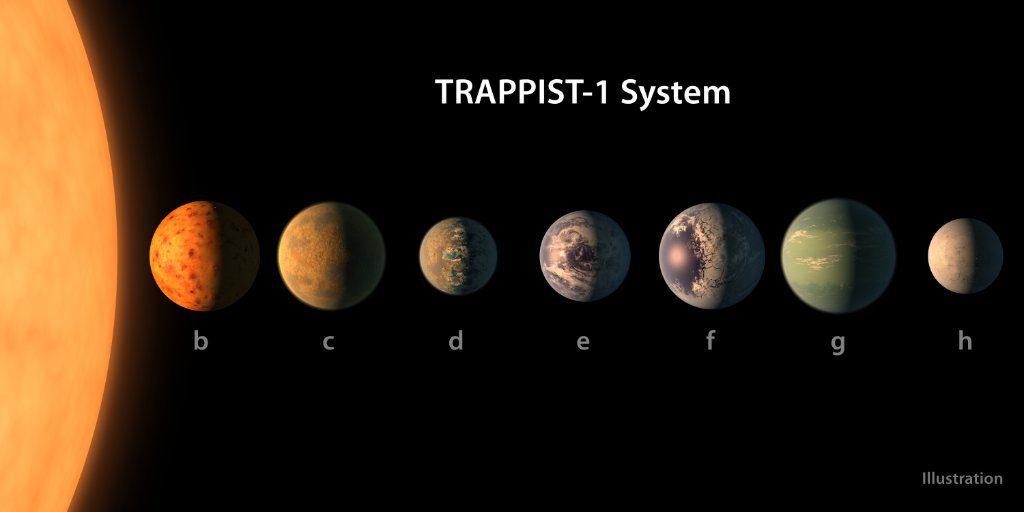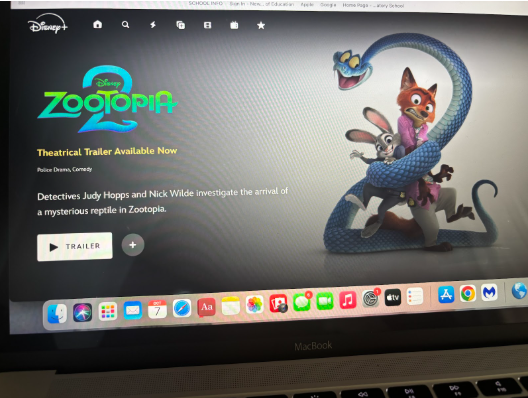by Aja Landolfi, Chief Editor

Music comes in many forms and has the ability to move people in many different ways. From brightening up a situation, to resurfacing old memories both good and bad, music can be one’s escape from reality.
What is Music?
According to Merriam-Webster Dictionary, music is “the science or art of ordering tunes or sounds in succession, in combination, and in temporal relationships to produce a composition having unity and continuity.”
However, ask the average person to define music and the answers would vary. This variation means that music doesn’t really have any one concrete meaning.
“It’s a way of words that are too difficult to say in a conversation,” freshman Emily Fitzgerald said.
“It’s a means to transcend your everyday life. It makes everything taste a little sweeter, it makes your feelings and emotions more pronounced. You feel everything more,” CEO of Caldwell Connection Dave Caldwell said.
Music can normally arouse both negative or positive feelings from a person. Along with feelings, music can also have the power to help people remember both past memories and events that the person experienced.
Why are people attracted to Music?
People become attracted to music because all parts of their brains become activated when listening to music. When music strays away from patterns it surprises us and makes us intrigued to what we are listening to. Finally music also has the ability to work on the deepest level of our emotions, and can usually represent how people feel when they can’t express it themselves.
“I think people connect to music in many different ways. Through the music, the lyrics, the emotions conveyed through the song. A good song can bring people back to a memory or relieve sadness. The power of music is truly infinite, for listeners as well as songwriters,” Songwriter/Lead Guitar player for the modern pop/rock group This Is All Now Louie Malpeli said.
The power of Music
As stated in Power of Music by Lois J. McCloskey “Music is a means of expression, music connects emotions – hope, regret, love – and our stories… Music is the human language that bridges cultures, genders and generations.”
“It fills a void and I think that music does that for everyone in a different way. Everyday when I go home, I grab my guitar unconsciously and it has become a big part of my life. Being so involved music and its theory, I’ve learned that I enjoy and appreciate music even more,” music teacher/instructor of 30 years Robert Landi said.
As people grow the music they have heard follows them. Our lives revolve around music. For just about every event that happens to someone, they can think of a song that will bring that old memory back. The vivid memory will resurface as if it was only yesterday all because of one simple song.
Music is a mean of expression. Music helps people to tell their stories. For some people the lyrics of a song are the words that they have been trying to say for along time but could never form them. By the music bringing their stories to the surface, it allows for people to connect with others, who feel the same way as them.
“I like to write it and perform it. I’m very often playing it whether it’s guitar, piano or just drumming on the table. It’s not just something that I like to listen to, it’s something that I like to make and do,” sophomore Daniel Dougherty said.
How Music affects People’s moods?
Music can change a person’s mood in a heartbeat. Someone could be upset and listen to a happy, upbeat song and their mood will change to a happy mood to match the song. The same goes for someone who is happy. Listening to a sad song that may bring back a sad memory will change a person’s mood to being sad.
“If I’m sad I will listen to music that makes me happy, less stressed and calmer. Music helps to lighten my mood,” junior Alyssa Striano said.
According to buffersocial.com there are two different kinds of emotions that are related to how music affects peoples moods. There are perceived emotions and felt emotions. Perceived emotions allows people to enjoy music without actually experiencing the feelings that the music portrays, while felt emotions are the emotions that people feel while listening to a piece of music.
When people listen to music they tend to listen to music that represents their internal state (emotions) the most. That’s why when someone is in a bad mood and they hear a happy song, sometimes they will want that song to be turned off. The reason for that reaction is because it doesn’t match their internal state that day.
How Music affects the brain?
When listening to music many different parts of the brain are used. The motor cortex, nucleus, accumbens, amygdala, auditory cortex, hippocampus, visual cortex, and the cerebellum are some parts of the brain that are used. Many different brain systems are also used. The systems used are sensory-memory processing, and functional elements implicated in memory, cognition and emotion or mood fluctuation (according to Scientific Reports).
Music can sometimes affect the brain in such a way that it allows right and left hemispheres of the brain to work together in harmony instead of conflicting with each other.
When someone listens to their preferred type of music, their emotions, thoughts and feelings will have a deeper experience, than if they listened to a type of music that they hate.
Music can also help one’s creativity. Music stimulates bursts of alpha and theta waves in the brain. When a big burst of alpha brain waves occur it induces creativity.
Final thoughts
In the end, music isn’t a bad thing or something that should be feared. Music is a way of expression. Maybe the expression can only be understood by the person feeling it, but music is an escape from reality and should be embraced.

